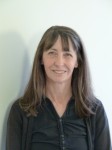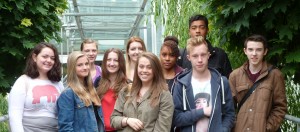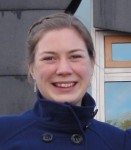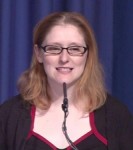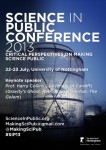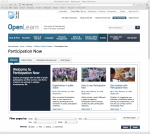Social exclusion in public engagement with science
On Monday last week I gave a presentation as part of the ‘Engaging Research’ seminar series being run at the Open University (as you might have guessed since this is their blog!) The seminar series runs in conjunction with two RCUK-funded projects: ‘An open research university‘; and ‘Engaging opportunities‘.
My research interests are around who ‘counts’ as a public for so called ‘public’ engagement and how do engagement practices contribute to the exclusion of certain groups.
My research asks questions like these:
- Who is public engagement with science (PES) for?
- Whose stories, culture and communities are represented through public engagement with science?
- When we think about and write about understanding science as part of culture, or indeed, work towards mainstreaming science ‘as culture’ through our science engagement, communication, policy and education projects, whose culture is privileged?
Put another way, what might it feel like to be ‘othered’ by public engagement with science? For example, we know from an analysis of the UK science education community that informal science learning opportunities tend to cluster around certain audiences, namely those who are already more socially advantaged. So what about everyone else?


